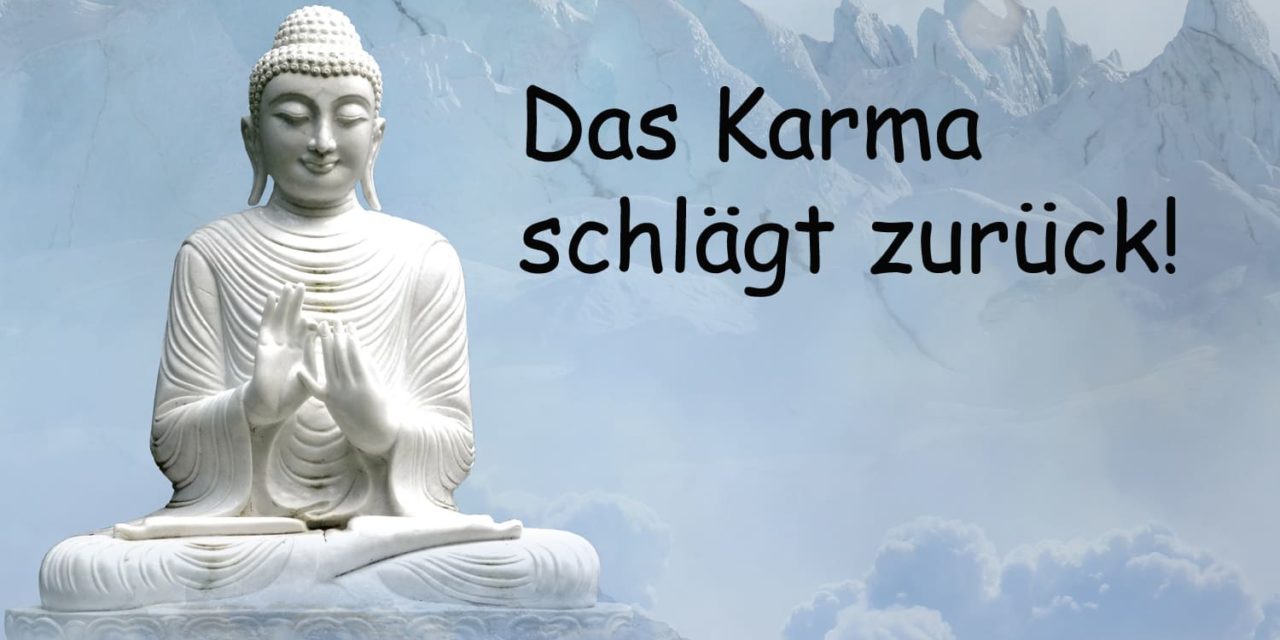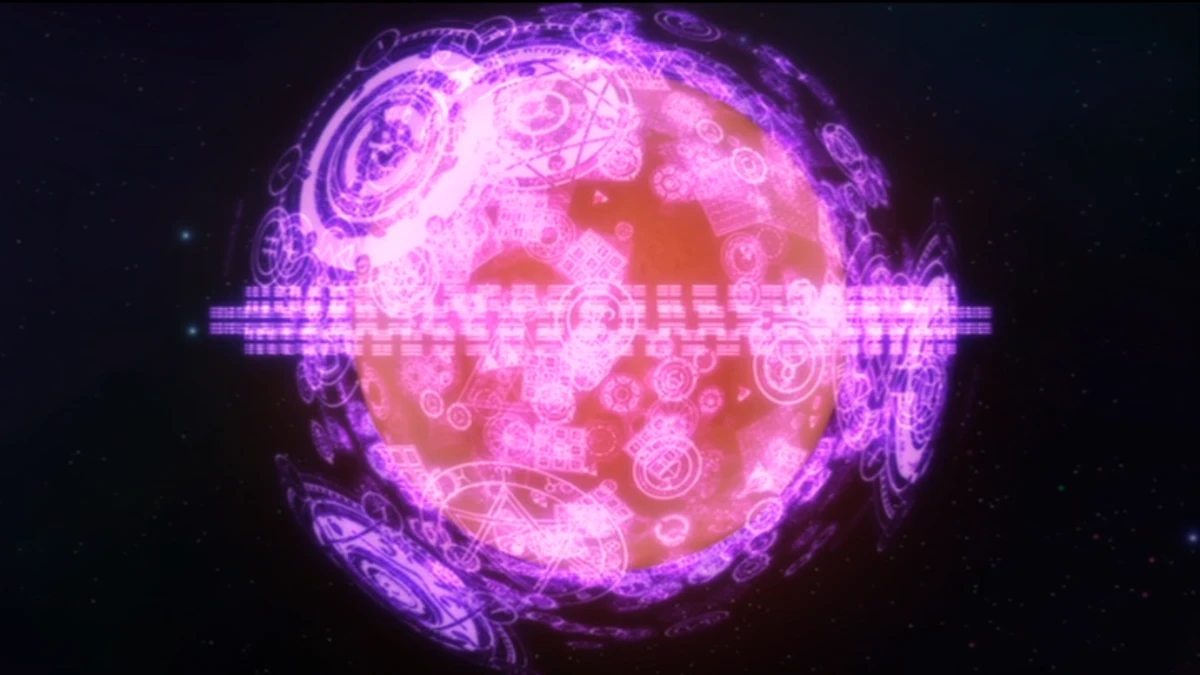Ānantarya karma (Sanskrit) or Ānantarika kamma (Pāli) are the most serious offences in Buddhism that, at death, through the overwhelming karmic strength of any single one of them, bring immediate disaster. Both Buddhists and non-Buddhists must avoid them at all costs. Such offenses prevent perpetrators from attaining any of the stages of enlightenment and from ordaining into the Sangha. The offences are:
- Killing one's mother
- Killing one's father
- Killing an Arahant
- Wounding a Tathāgata
- Creating schism in the Sangha
Ānantarika kamma is considered so serious that even Amitabha Buddha abandoned all hope. His 18th Vow reads:
If I attain Buddhahood and a sentient being aspires with faith and joy to be reborn in my Sukhavati Pure Land: if they recite my name just ten times and, in spite of this, are not reborn there, then may I myself not attain enlightenment [in the first place]. Two exceptions to this solemn promise are in respect of, firstly, those who have committed the five terrible offences and, secondly, of those who have vilified the Sublime Dharma because such people cannot be reborn in Sukhavati.
Those who have committed any of the five acts of Ānantarika kamma are said to be reborn in the naraka of Avīci, the very lowest of all the Hells of Buddhism.
See also
- Ajatashatru
- Avijjā
- Buddhist views on sin
- Devadatta
- Icchantika
- Karma in Buddhism
- Merit (Buddhism)
- Moha (Buddhism)
- Pratitya-samutpada
- Samsara (Buddhism)
- Three Poisons
- Twelve Nidanas
References
Further reading
- Silk, Jonathan A. (2007). Good and Evil in Indian Buddhism: The Five Sins of Immediate Retribution, Journal of Indian Philosophy 35 (3), 253–286




